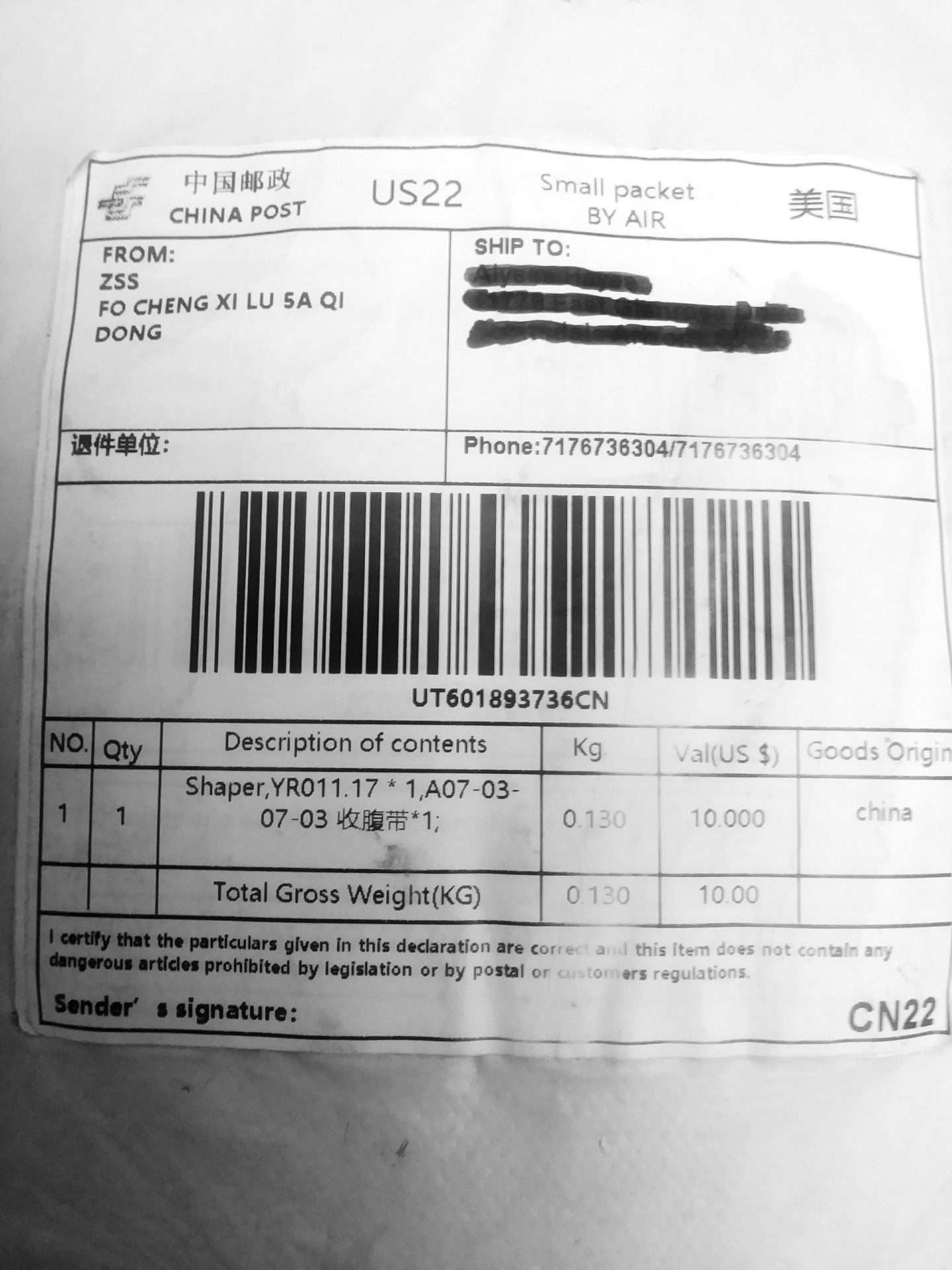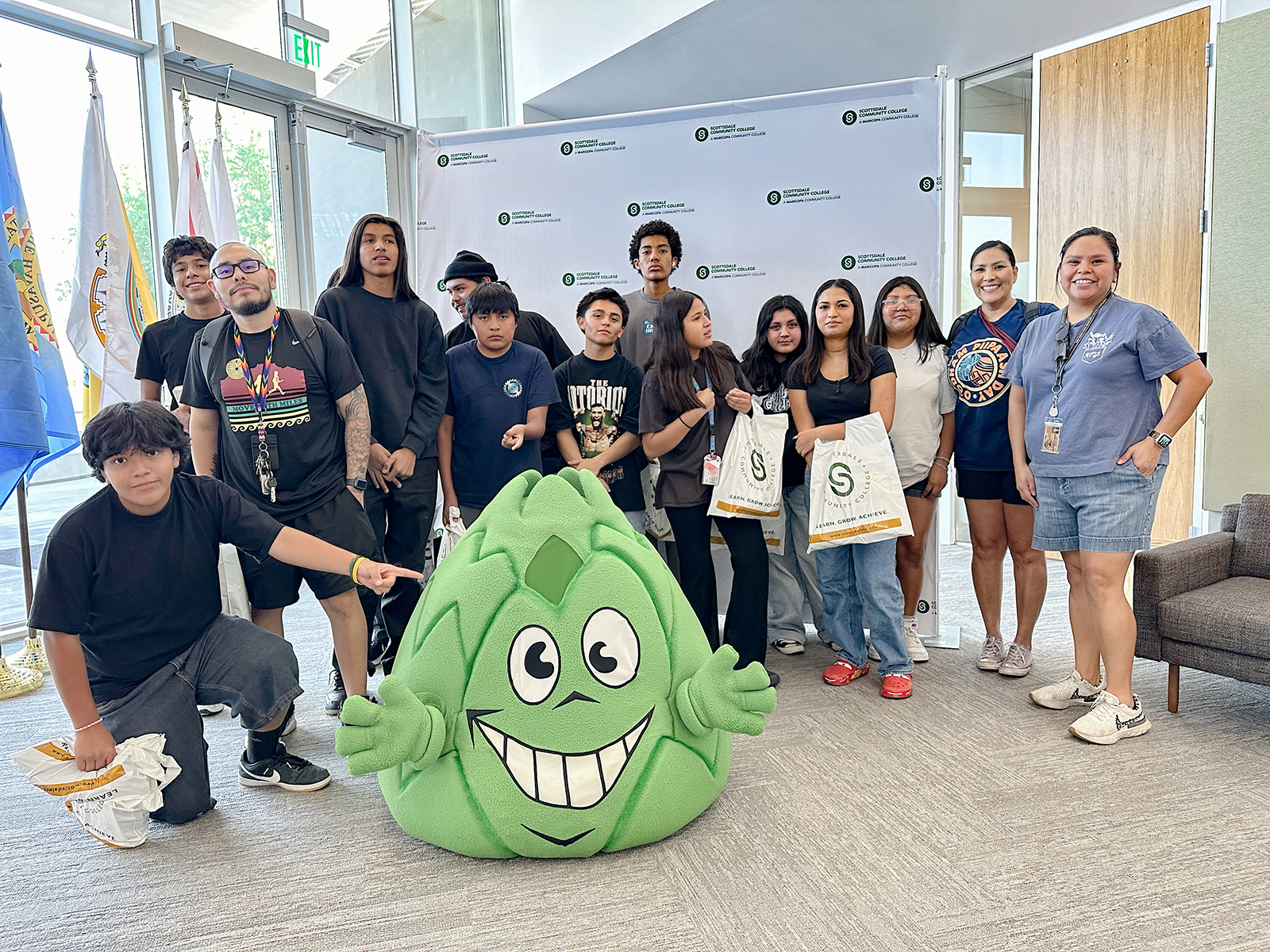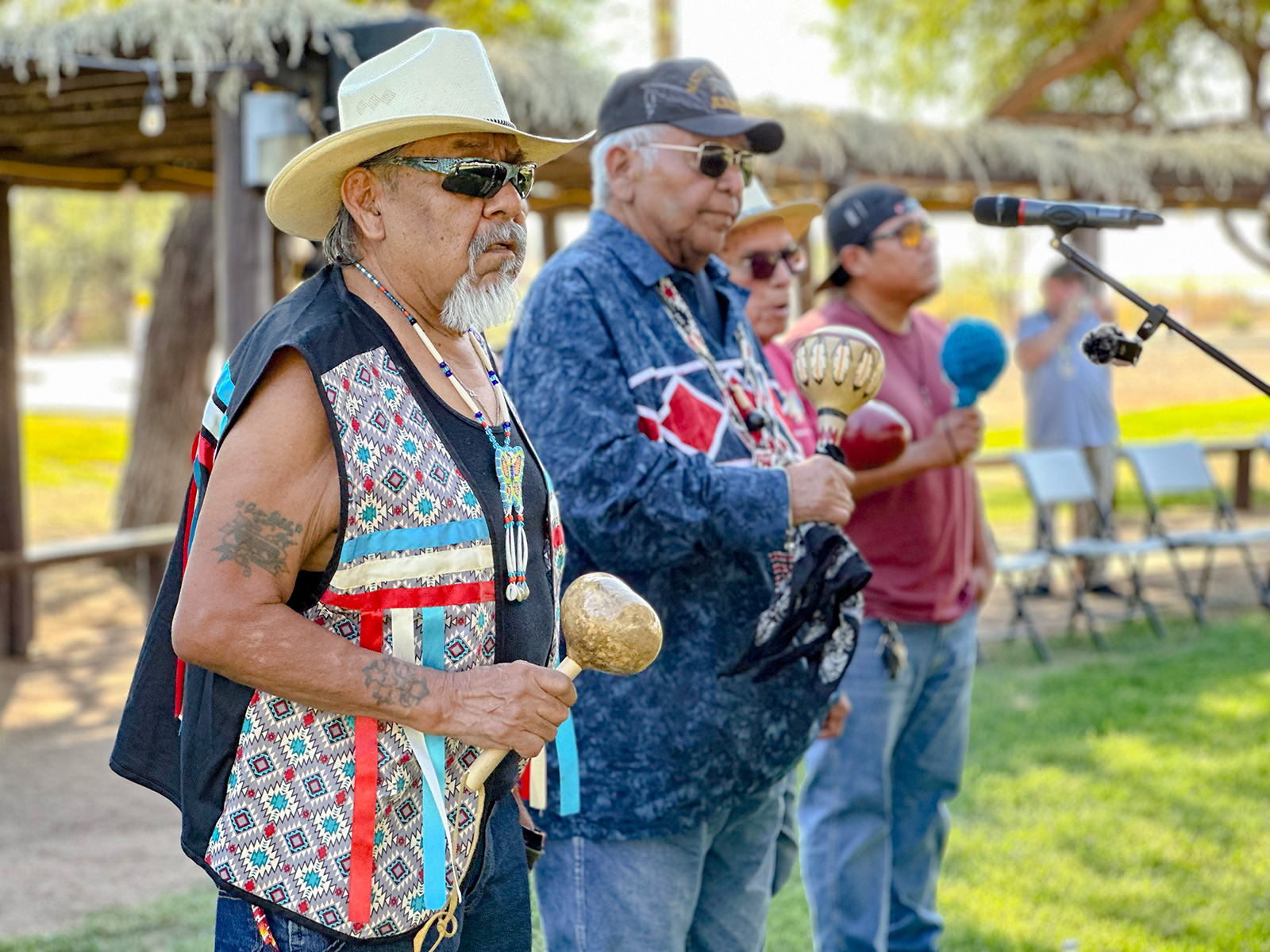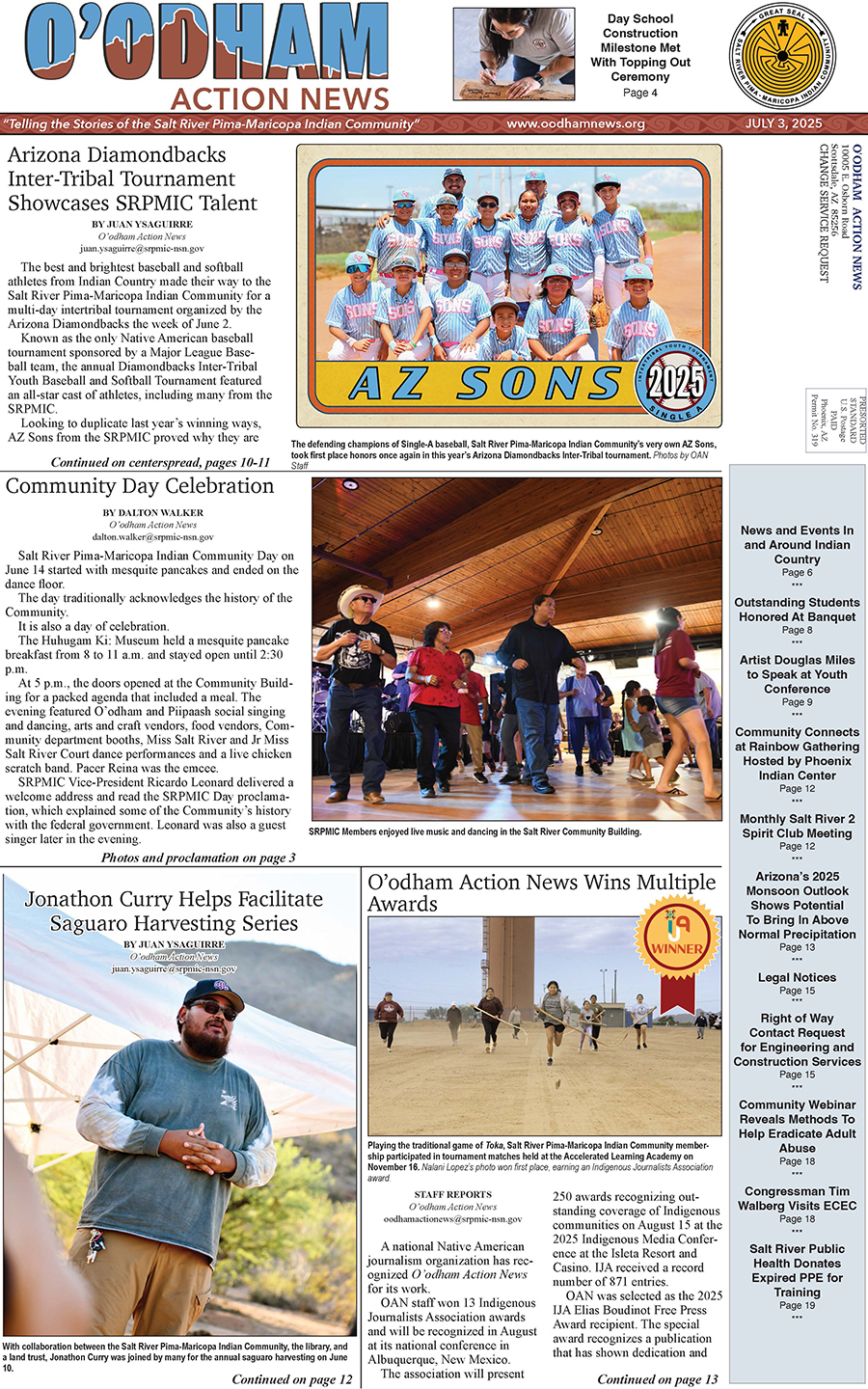VIEWS: 2230
September 2, 2020Seed Packages From China Reach SRPMIC
If you thought 2020 couldn’t get any weirder, mysterious unsolicited packages containing seeds have been sent from China to various addresses within the United States, and the seeds have officially made it to the Salt River Pima-Maricopa Indian Community.
The SRPMIC Community Development Department’s Environmental Protection & Natural Resources (EPNR) has advised that Community members do not open the seed packet or plant the seeds. They have set up a hotline at (480) 362-7500 for people to call to schedule a seed pick-up.
Seed packages arrived in SRPMIC on August 10, and as of August 21, three packages have been turned in. Tribal staff are ensuring that the seeds and packaging are being sent to the U.S. Department of Agriculture (USDA).
On August 11, Osama El-Lissy, deputy director of the USDA’s Animal and Plant Health Inspection Service’s (APHIS) Plant Protection and Quarantine Program, shared an update on what is known about the seeds via USDA radio. El-Lissy says that experts analyzing some of the seeds have, so far, found very few problems.
“We do not have any evidence indicating that this is something other than a so-called ‘brushing scam’ where people receive unsolicited items from a seller, who then posts false customer reviews to boost their sales,” said El-Lissy.
The seeds APHIS has identified so far are not uniform or of any particular type.
“Based on our preliminary analysis of the seed samples we’ve already collected, the seed packets appear to be a mix of ornamental, fruit and vegetable, herb and weed species,” said K. Cecilia Sequeira, USDA APHIS public affairs specialist. “Some of the species identified include cabbage, broccoli, kale, celery, coriander, cilantro, sunflower, ivy-leaf morning glory, lavender, basil, rose and garden tomato.”
To address whether or not these seeds are harmful to the local ecosystem, El-Lissy said, “We found one seed that’s considered to be a noxious weed, called ‘dodder.’” He continued, “Another seed, again, is considered to be a noxious weed, it’s a water spinach. And so, that’s the extent of our findings so far. We found one [insect] larva in one seed, it’s a leaf beetle; they’re common. At least most of the species are common in the United States, but other than that, we have not found anything alarming.”
The U.S. and China are currently working jointly on the investigation of previous shipments and to stop future shipments of the seeds.







